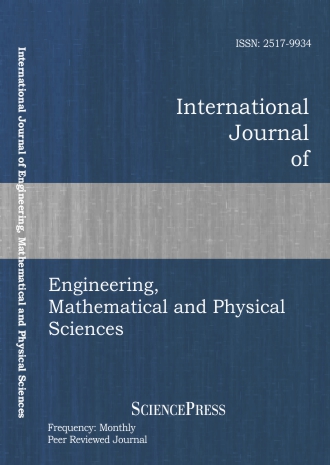
Scholarly
Volume:6, Issue: 8, 2012 Page No: 974 - 982
International Journal of Engineering, Mathematical and Physical Sciences
ISSN: 2517-9934
905 Downloads
On a New Numerical Analysis for the Symmetric Shortest Queue Problem
We consider a network of two M/M/1 parallel queues having the same poisonnian arrival stream with rate λ. Upon his arrival to the system a customer heads to the shortest queue and stays until being served. If the two queues have the same length, an arriving customer chooses one of the two queues with the same probability. Each duration of service in the two queues is an exponential random variable with rate μ and no jockeying is permitted between the two queues. A new numerical method, based on linear programming and convex optimization, is performed for the computation of the steady state solution of the system.
Authors:
References:
[1] Adan, I.J.B.F. and Wessels, J. and Zijm W.H.M. , Analysis of the